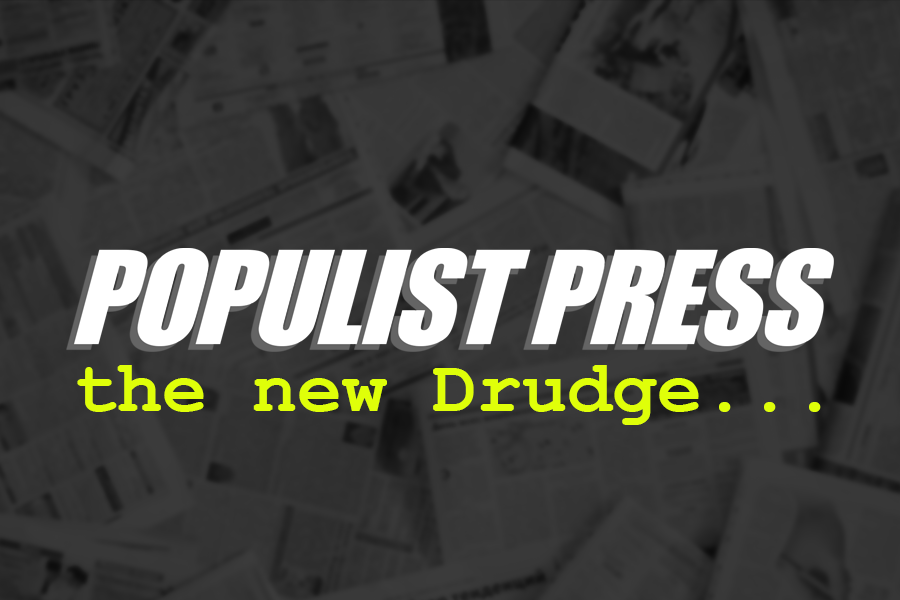
It was recently announced that a third-party candidate has been awarded a spot on the ballot for the 2024 presidential election in a key battleground state, causing backlash from Democrats and anti-Trump Republicans alike.
This news comes as a surprise to many, given that third-party candidates have historically struggled to gain traction and support in the United States political system. However, this particular candidate managed to meet the necessary requirements and earn a spot on the ballot, which has enraged those who fear that such a candidate could split the vote and ultimately harm their chances of winning the election.
For Democrats, the fear is that the third-party candidate will draw away votes from their eventual nominee, potentially handing the election to the Republican Party. This concern is not entirely unfounded; in the 2000 presidential election, Green Party candidate Ralph Nader garnered over 2.8 million votes nationwide, which many believe helped to swing the election in favor of Republican George W. Bush.
Meanwhile, anti-Trump Republicans are worried that the third-party candidate could split the conservative vote, potentially handing the election to a Democratic candidate. This concern has been expressed by several high-profile Republicans who have openly criticized President Trump, such as former Ohio governor John Kasich and Maryland Governor Larry Hogan.
Despite these concerns, supporters of the third-party candidate argue that their inclusion in the race is necessary to give voters a true choice and a chance to express their opinions outside of the two-party system. They claim that both the Democratic and Republican parties have failed to adequately represent the interests of American citizens, and that a third-party candidate could provide a valuable alternative.
It remains to be seen how the inclusion of a third-party candidate on the ballot will impact the outcome of the election in this pivotal state. It is clear, however, that the decision has stirred up a great deal of controversy and anger among those who fear that such a candidate could upset the already volatile political landscape. As the 2024 presidential race heats up, we can expect this debate to only intensify.
